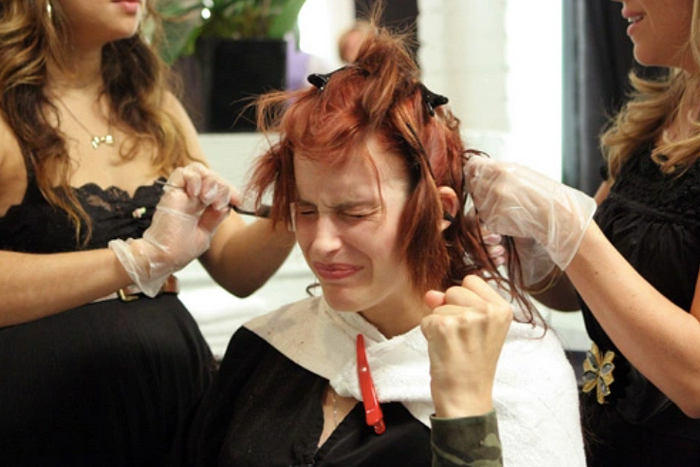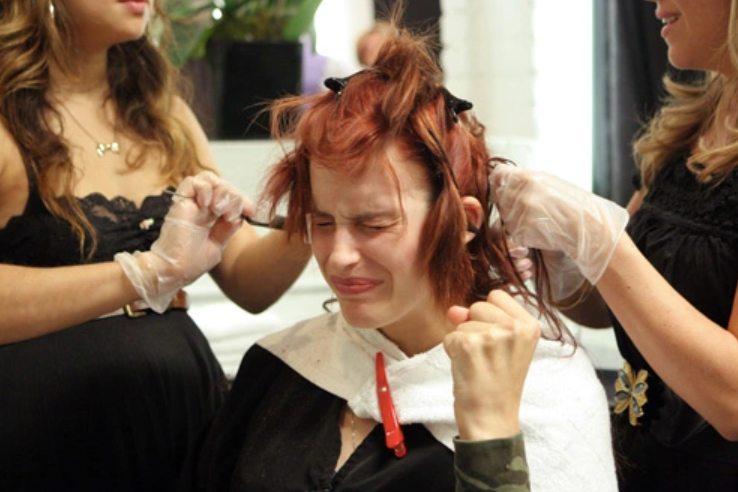Our dangerous flirtation with the imperfect, image and transformation - and why audiences are haunted by 'reveals'.

Do you like watching makeovers?
The 'makeover' transformation has long existed as a beloved trope in reality TV, a pivotal moment in the narrative of real-life heroism. Look! - It tells us, sitting at home in our sweatpants - anyone can be beautiful!
But behind a seemingly harmless good moment lies a sinister underbelly, weaponizing women's insecurities against them in a desperate bid to engineer emotional trauma for dramatic effect. Do the producers *really* hope to improve their contestants' lives - or is it not all as innocent as it seems?
You're a beauty, now changing the narrative is a recurring motif across all these types of shows. From the next top model of America being highlighted by strong, forced attacks to paint models as damaged or lacking ambition, to the decades-long impact of what about me- creating shame to change oneself to fit some other type of unspoken social standard - reality TV has truly addicted to transformation.
Even men cannot escape the watchful eye of Sartorial Sauron, with Beauty & The Geek and Queer Eye for the Straight Guy featuring men with sad eyes, poorly dressed. But what if that's not what they want for themselves?
The idea that everyone out there is dying to become a perfect model ready for the runway - if only someone came along and confirmed they're not good enough - is not just assumed, but endorsed. Personal, and sometimes painful, stories are presented alongside flawless photos and eyes turned One bodycon dress and their hair - never thinking about choosing a makeup brush themselves.
Let's stop infantilizing, shall we? Of course they've thought about it; But for some...
